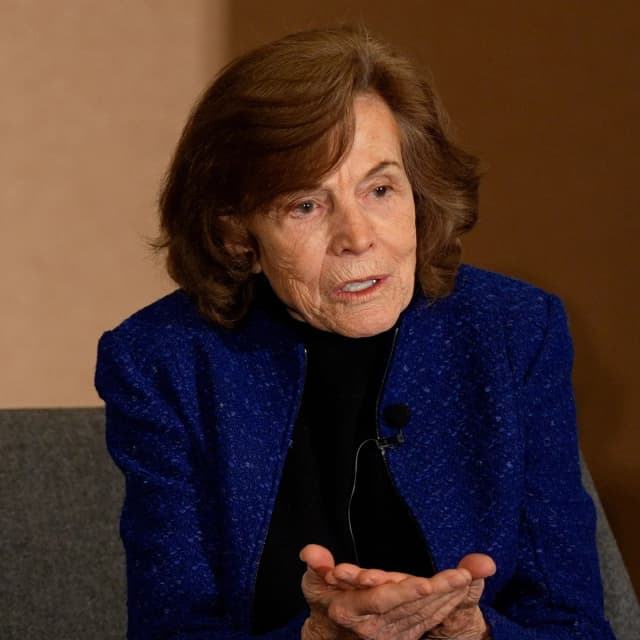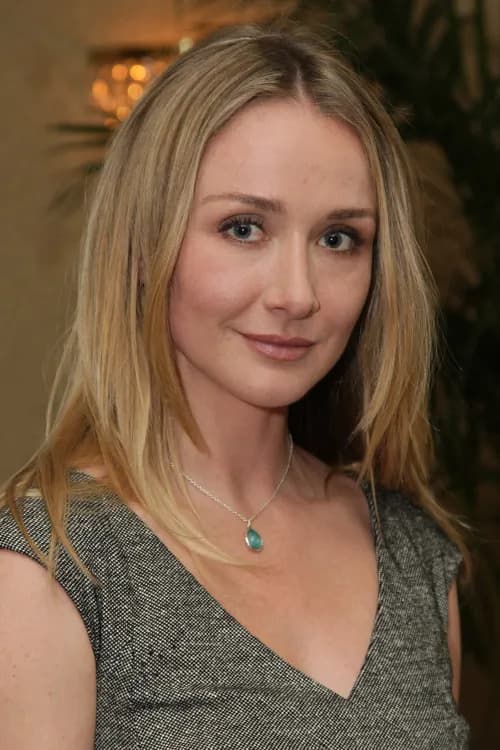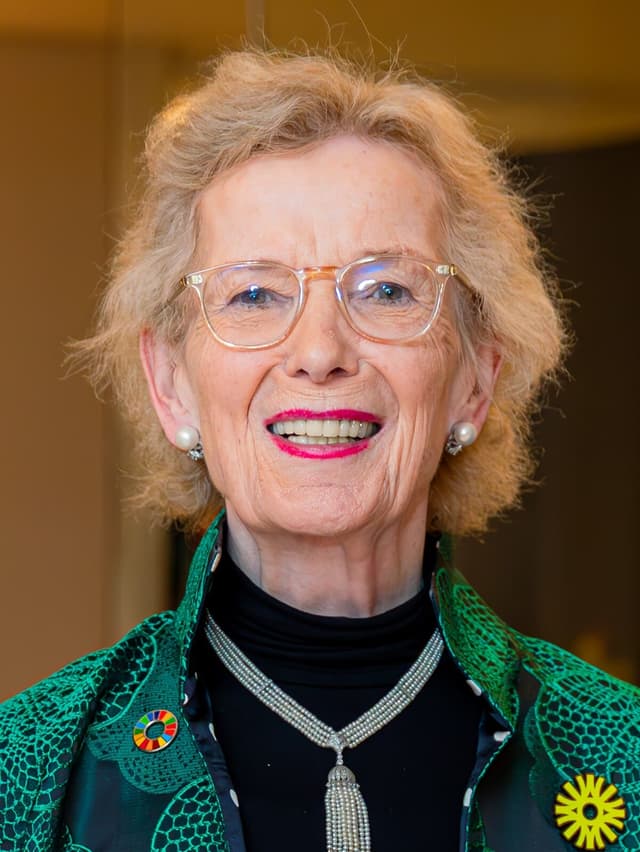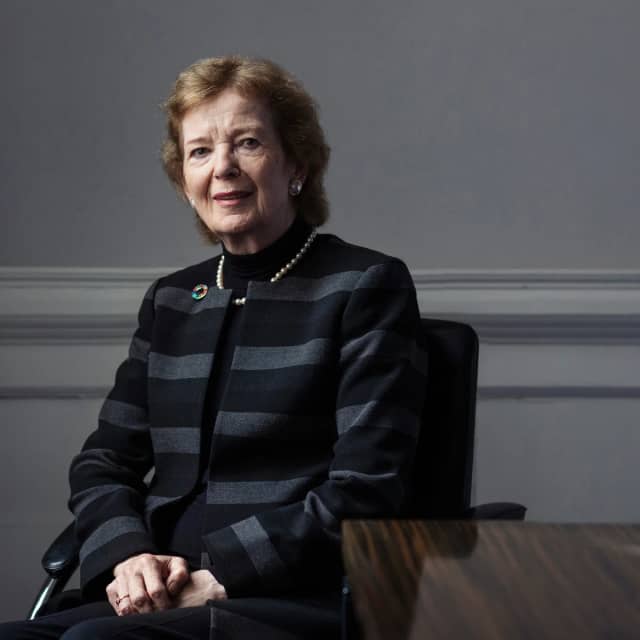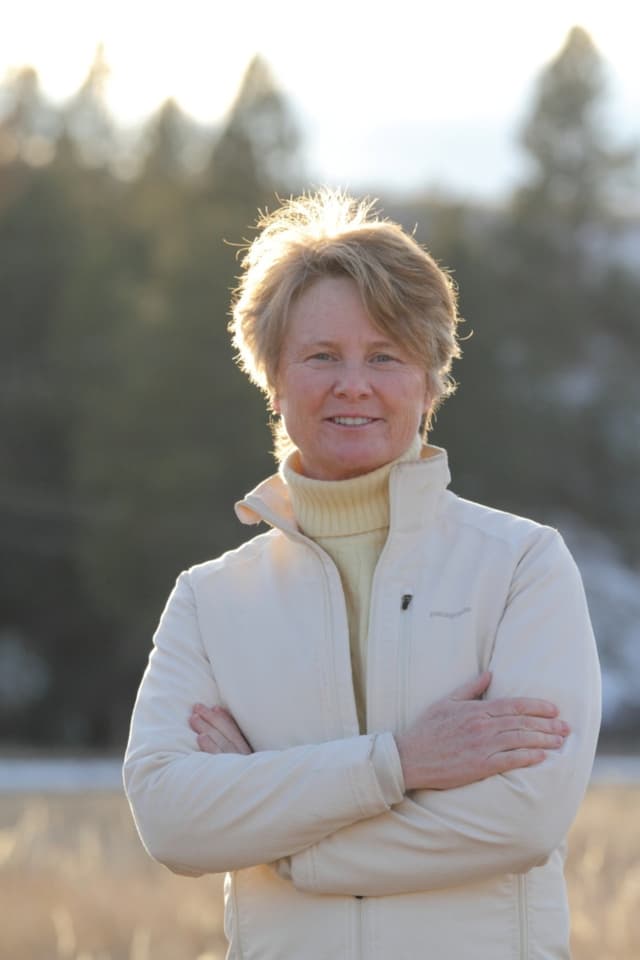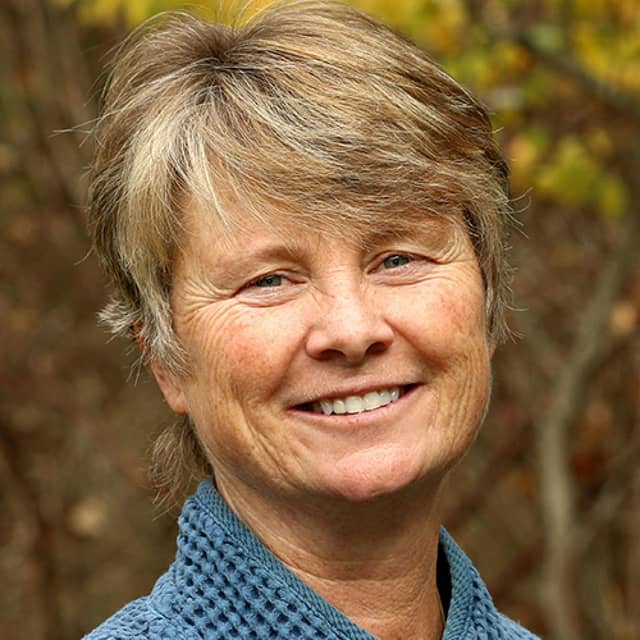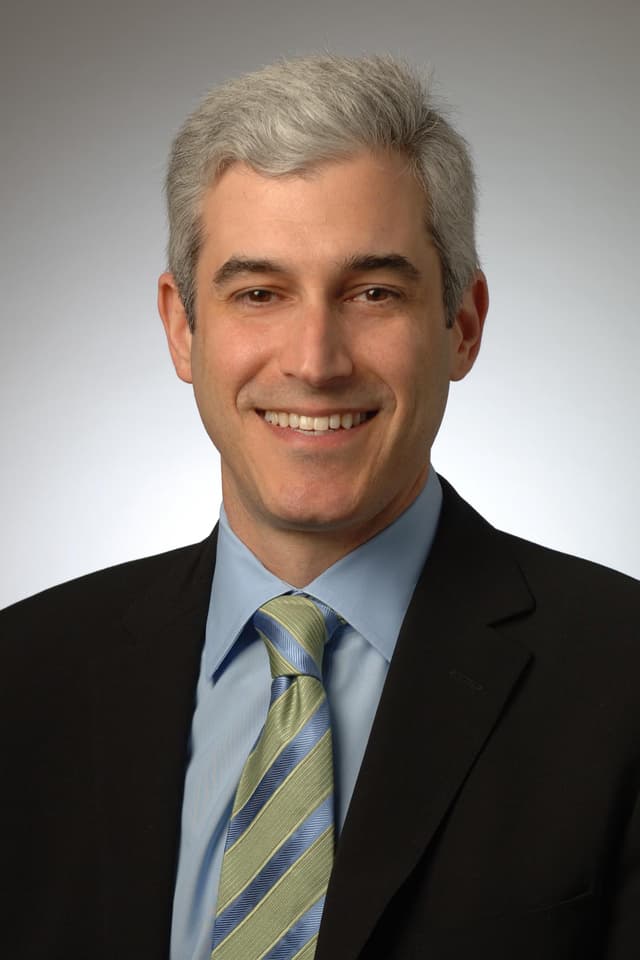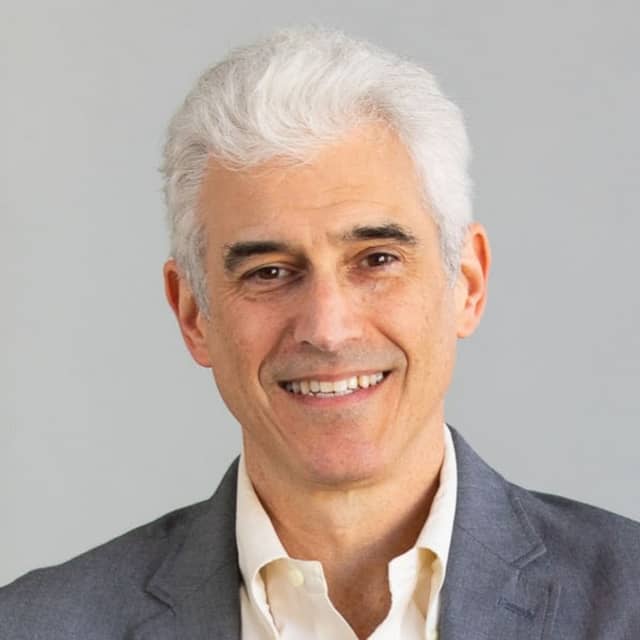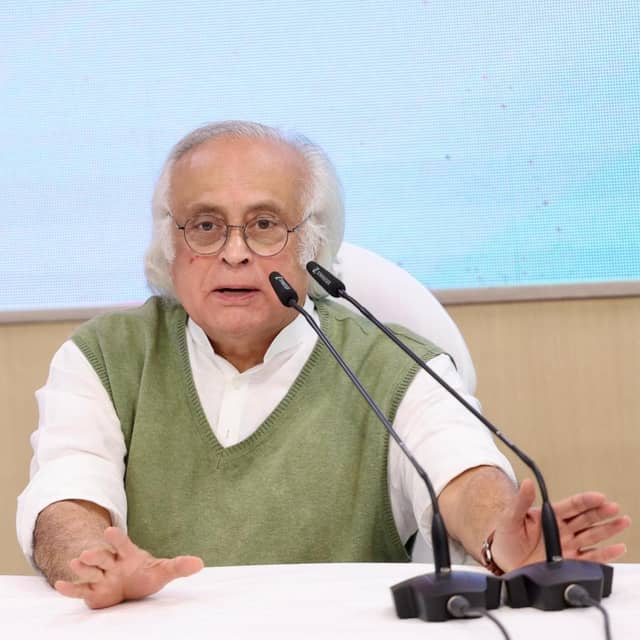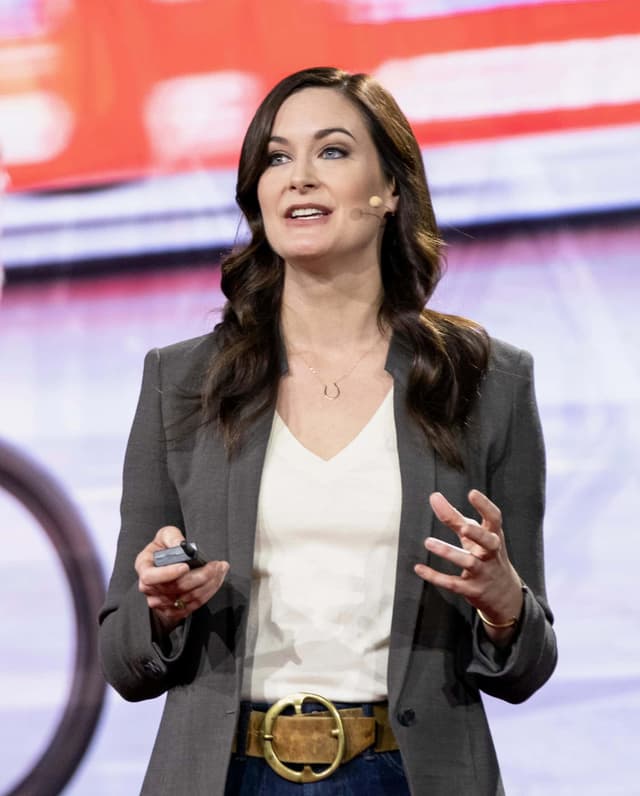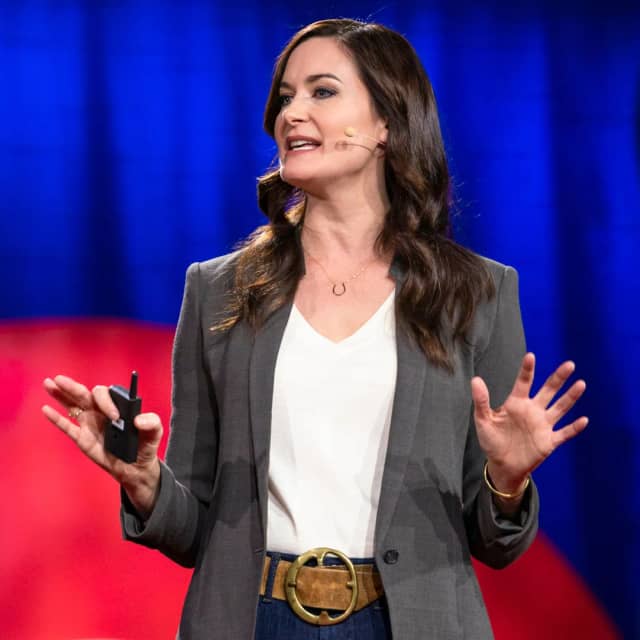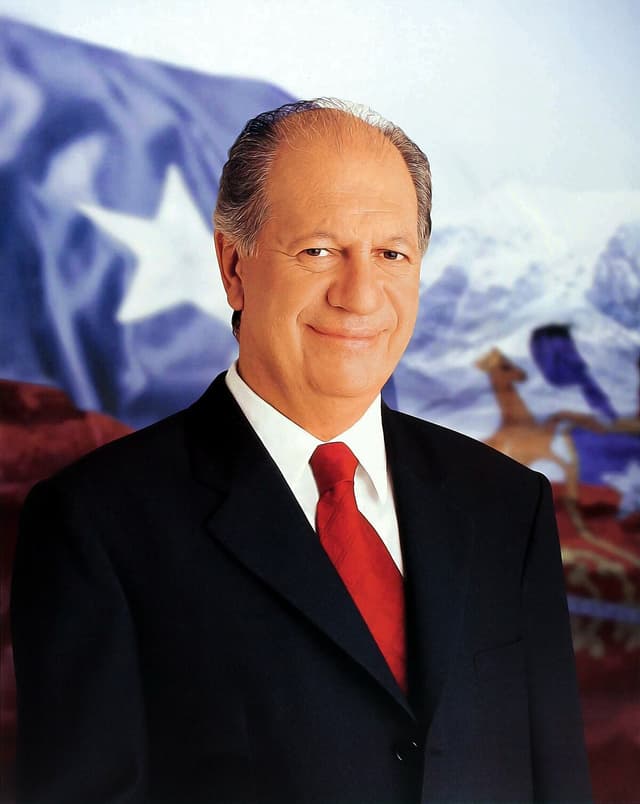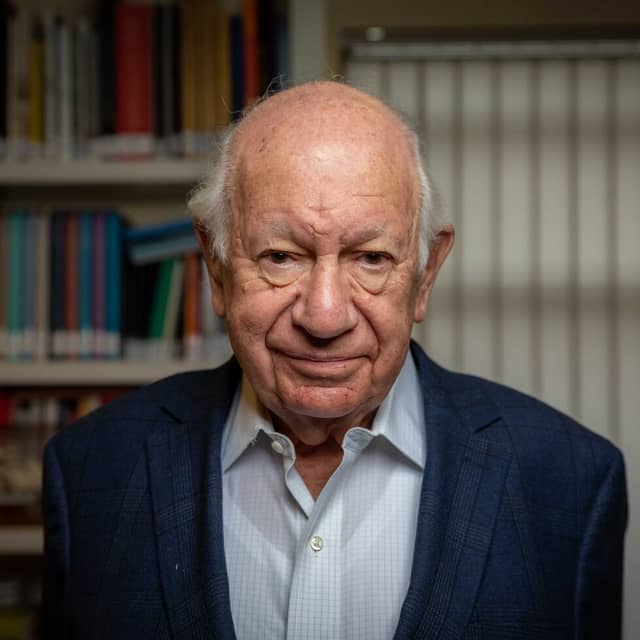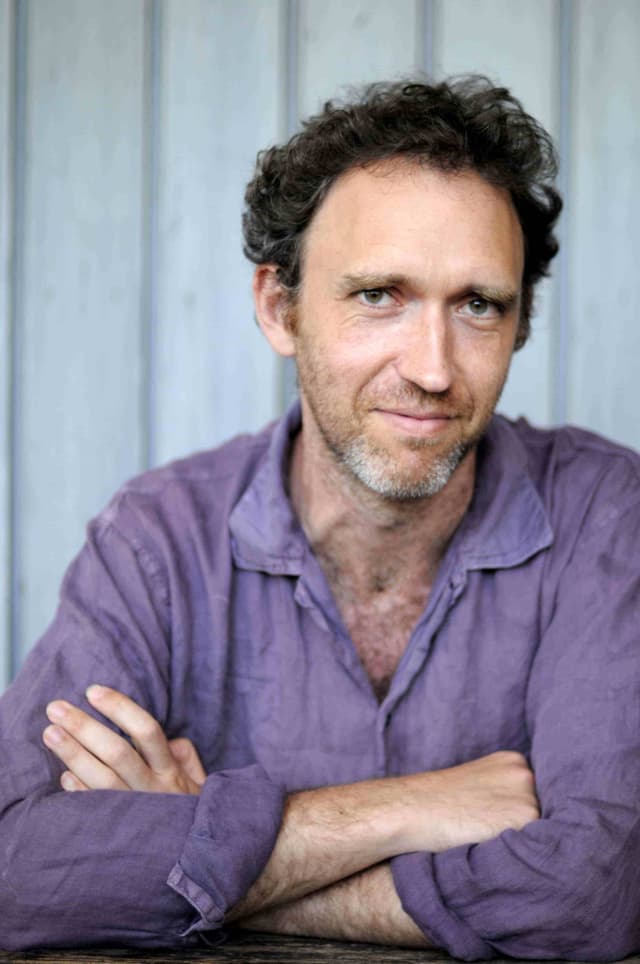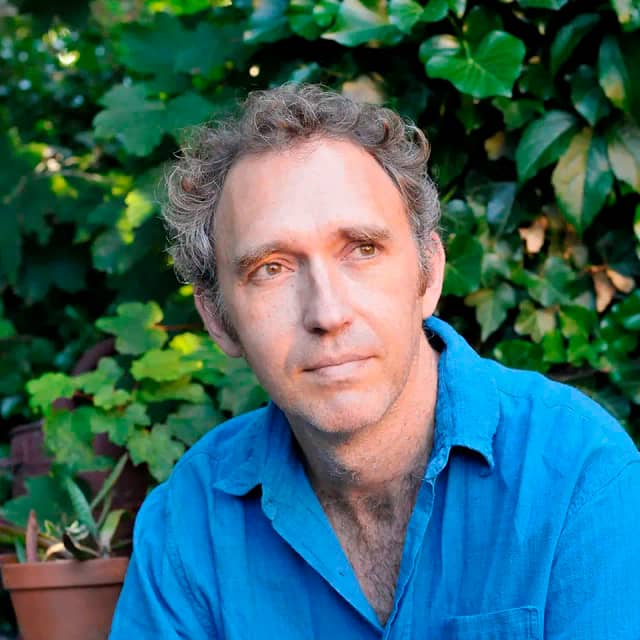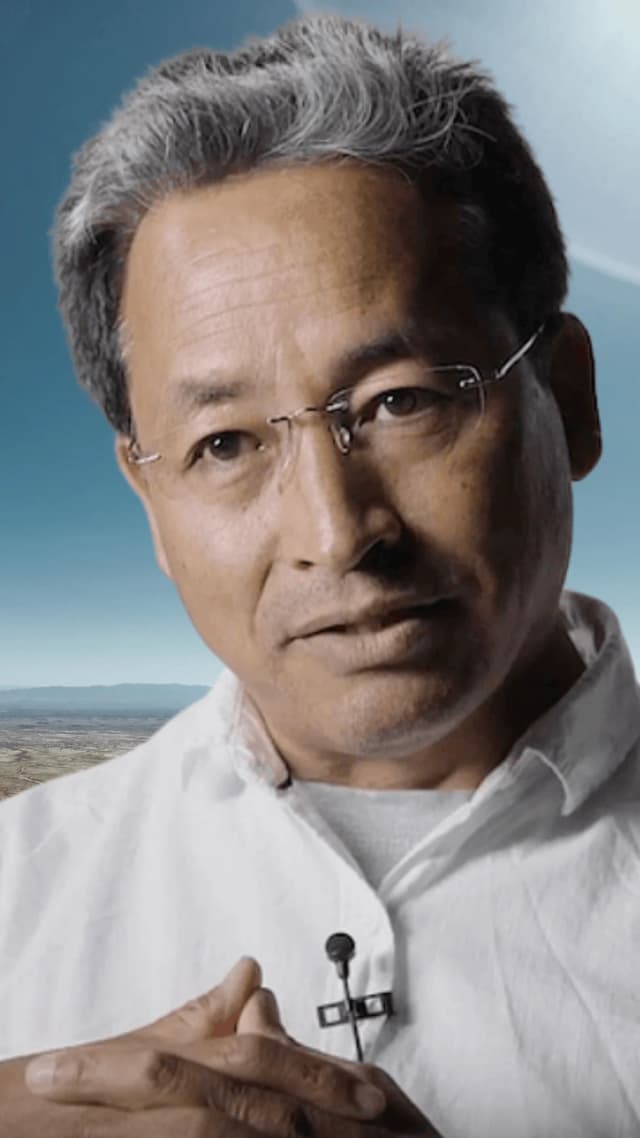Dr. Sylvia Earle, often referred to as “Her Deepness” and a National Geographic Society Explorer-in-Residence, is a world-renowned marine biologist, oceanographer, and a leading voice for ocean conservation. A true pioneer, she holds the record for the deepest walk on the sea floor and was the first woman to lead the National Oceanographic and Atmospheric Administration (NOAA) as its Chief Scientist. Her life's work is dedicated to increasing public understanding of the beauty and vital importance of the ocean.
Earle's passion for marine life began in her youth and translated into a groundbreaking scientific career. She earned degrees from Florida State and Duke University, where her doctoral work focused on algae, which produces most of the Earth's oxygen. A persistent pioneer, she was among the first scientists to use SCUBA to document marine life and, in 1970, led the all-female Tektite II Project team that lived 50 feet underwater. Upon their return, the team was honored at the White House and celebrated as national celebrities.
She successfully transitioned between academia, government, and entrepreneurial endeavors. In the 1980s, she co-founded companies with engineer Graham Hawkes to design deep ocean vehicles, enabling scientists to work at previously inaccessible depths. Her appointment as the Chief Scientist of NOAA in 1990—the first woman to hold the position—made her responsible for safeguarding the health of the nation’s waters. Her book, Sea Change: A Message of the Oceans, served as a critical call to action in 1995.
Having authored over 200 publications and led more than 100 marine expeditions, logging over 7,000 hours underwater, Dr. Earle’s experience is unparalleled. She is the recipient of the 2009 TED Prize and was named Time magazine’s first Hero for the Planet in 1998. Today, through her Mission Blue alliance and the development of "Hope Spots," she continues to advocate for protecting the biodiversity necessary for Earth’s interconnected ecosystems, delivering a clear and passionate message on the accelerating threat of climate change.

